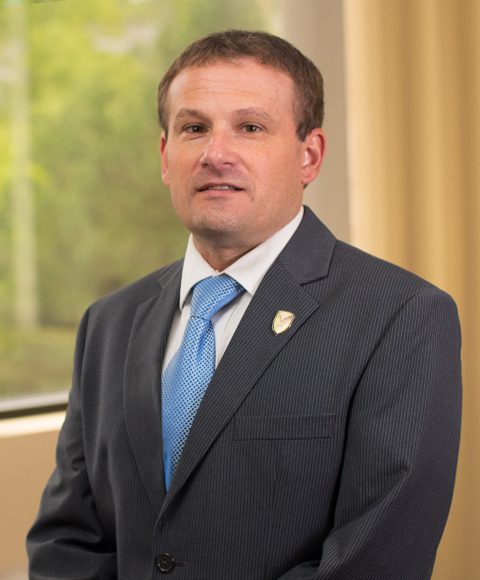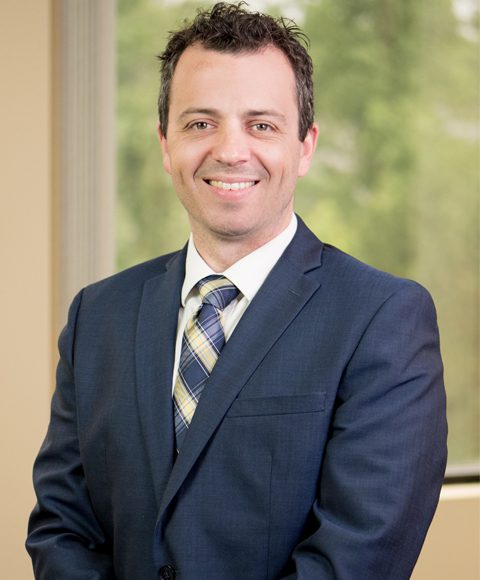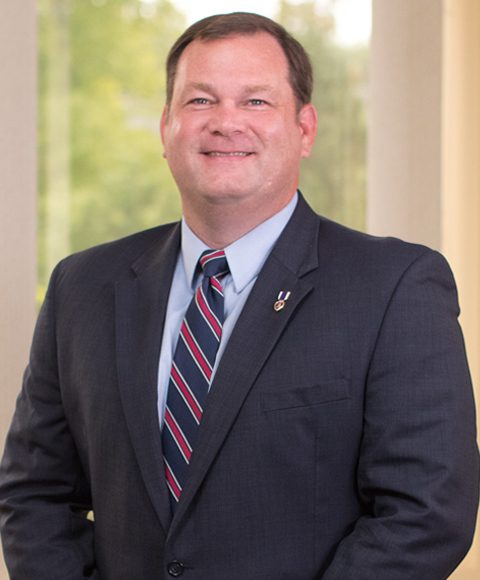 The midsize New York firm is focusing its attention on global expansion, starting this summer.
The midsize New York firm is focusing its attention on global expansion, starting this summer.
Tully Rinckey has named a current partner as its new CEO as the firm updates its business model and continues its focus on global expansion.
Michael Macomber will become Tully Rinckey’s CEO at the beginning of next year, according to the firm. The change comes as the firm’s two founding partners, current CEO Mathew Tully and Greg Rinckey, step away from day-to-day operations and shift their attention to international growth.
Macomber joined the firm as an associate in 2008 and made partner in 2015. He graduated from the Albany Law School and also has a graduate certificate in business from the University of Massachusetts.
“I run the law firm in a military style,” Tully said. ”We’re changing the culture of our American firm from a military style to more of a traditional, collaborative work environment.”
“Michael is well-known for being a very friendly, outgoing person,” Tully continued. “We’re trying to change things in-house.”
The firm, which is headquartered in Albany, New York, and was founded in 2004, currently has 10 U.S. offices and one in Dublin, which opened last year. Along with Tully and Rinckey, global chief operating officer Graig Cortelyou is stepping away from daily operations to work on “Mission 2020,” the firm’s five-year strategic plan that started in 2015 and focuses heavily on global expansion. The plan includes opening a London office in July and plans to expand to Dubai, Singapore and Hong Kong in 2020.
“We plan to be the smallest law firm in New York with offices around the world,” Tully said.
Tully Rinckey isn’t close to cracking the Am Law 200. Tully said he expects the firm’s revenue to be around $27 million this year, while the last entry on the list brought in $97 million in 2018. But that’s by design. There are right around 100 fee-earners at the firm, he said, and they bill between $300 and $400 per hour, far less than many attorneys at big firms.
“We want to be able to provide a price point that’s cheaper than our competitors,” he said.
In the face of growth and international expansion, Tully doesn’t expect that to change.
Stepping away from day-to-day duties means that the 70 to 80 hours per week Tully said he currently spends dealing with clients and office management can now be spent focusing on big-picture issues and nurturing the firm’s international presence.
“We want to grow on that one international office and make it a constellation,” he said.
The shift also means a change in ownership structure. The two co-founders were initially 100% equity owners, and partners joined on a contractual basis, which made it difficult to recruit top talent. When they step into their new roles, Tully and Rinckey will relinquish 40% of their equity.
Tully Rinckey’s ambitious international growth plans haven’t come without challenges. President Donald Trump’s tax plan forced the firm to reconfigure its international operating plan, and Tully said as he explores new countries in which to expand, he’s faced a learning curve to understand the nuances of local markets. For example, in the United States lawyers don’t have noncompete agreements, but they are common in parts of Europe.
Still, despite challenges, Tully said he is excited to bring his midsize firm to the global stage. The expansion means he’s bringing best practices from around the world back to home turf, he said.
“We have boxed out of our weight class over and over again,” he said. “We get to cherry pick the best of all worlds.”






